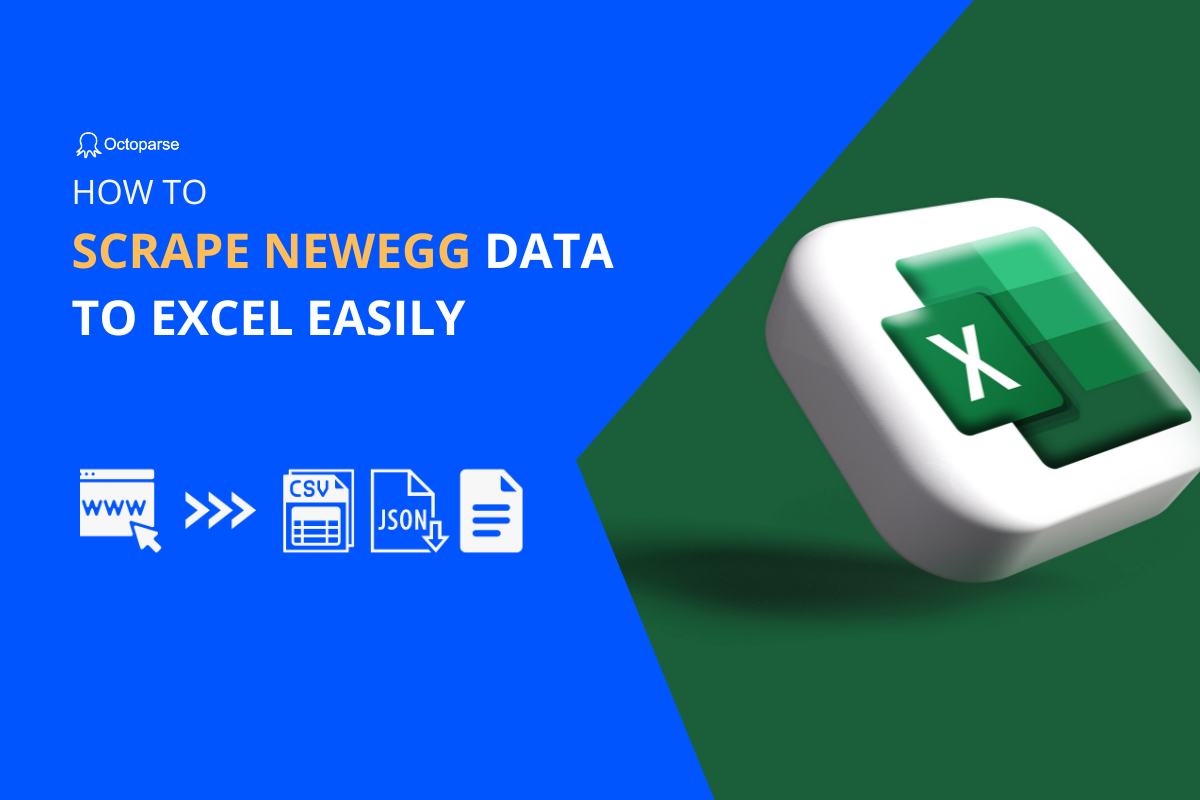In order to provide comprehensive information about properties for sale, real estate professionals collaborate to produce and operate the Multiple Listing Service (MLS), an essential database. It provides thorough information about different properties and provides a simplified and ordered platform to link buyers and sellers. Real estate agents may streamline deals by precisely matching sellers’ offerings with purchasers’ demands thanks to this extensive network. In addition, the MLS system supports market assessments and appraisals, which makes a substantial contribution to the real estate sector.
Scraping MLS offers a multitude of benefits. Web scraping makes it possible to extract this essential information from the vast amount of public data, giving real estate experts and enterprises access to more in-depth market insights. The main advantage is that it facilitates better decision-making and is more efficient. With organized information on property prices, locations, characteristics, and comparative property values, brokers and customers may make well-informed decisions regarding properties rapidly. Furthermore, the gathered information may be used to spot industry trends and patterns, forecast new company prospects, and create winning marketing and corporate plans. Hence, obtaining a competitive advantage through MLS data scraping opens the door to higher profits and wiser real estate choices.
The Type of Data Available on MLS
A vast range of real estate-related data is available in the Multiple Listing Service (MLS), an extensive database. It mostly consists of a list of real estate for sale, including houses, flats, condominiums, and lands, along with details about each one, such as price, location, age, size, number of rooms, architectural style, and pictures. A property’s background, including prior selling prices and dates, previous owners, and any upgrades or modifications, is readily available through the Multiple Listing Service (MLS). Along with information on the local area, it includes demographics, crime statistics, school rankings, and amenities that are close by.
MLS may also be used to evaluate market trends, providing information that real estate agents frequently utilize to counsel their customers. This information includes median property prices, sale-to-list price ratios, and marketing durations. For this reason, the kind of information found on MLS is essential for anybody doing business in real estate.
Why Scrape MLS?
Accelerating Real Estate Market Analysis: The process of real estate market analysis is greatly accelerated by scraping Multiple Listing Service (MLS) data. It is essential to have rapid access to the most recent property listings, pricing, descriptions, and locations due to the dynamic nature of the real estate market. Real-time data may be obtained efficiently using MLS data scraping, which enables investors, real estate agents, and purchasers of homes to act quickly and decisively. This quick and easy access to data makes it easier to gauge market processes and identify beneficial developments.
Improving the Lead generating Process: The lead generating process may also be significantly improved by scraping MLS data. It provides direct access to a sizable database of possible customers, comprising tenants, purchasers, sellers, and homeowners. Businesses may optimize their marketing efforts and achieve increased conversion rates by accurately identifying and targeting the appropriate demographics.
Monitoring Current Market Trends: You can efficiently keep an eye on current market trends by using MLS data scraping. Since the economy, geography, and particulars of each property all have a significant impact on the real estate market, it might be helpful to have a firm grasp of the current trends. Informed by trend research and forecasting, MLS data helps buyers, sellers, and investors make better decisions by providing information on sales, price movements, and property attributes, among other data elements.
Automating Data Collection: Data collecting may be made more automated by using MLS data scraping. This contemporary method minimizes the possibility of mistakes that might arise during manual data collecting and saves a significant amount of time. By offering dependable, consistent, and well-organized data that can be utilized to analyze models, predictive analytics, and AI-based decision-making processes, it helps real estate companies. Data gathering automation frees up experts’ time and resources for more strategic endeavors like data interpretation and corporate strategy development. It also makes repeated jobs simpler.
Tools for MLS Scraping
Overview of Different MLS Scraping Tools
For companies, agencies, or individuals looking to rapidly and effectively extract large quantities of property listings from many real estate websites, many Listing Service (MLS) scraping tools are a vital resource. Data extraction, data sorting, complex filtering, and scheduled or automated data fetching are just a few of the many features available with these tools. Each tool is developed to serve different needs and capacities, thereby offering unique merits and capabilities. From simple tools for casual use to complex solutions for extensive business needs, these software tools provide efficient and quick access to valuable property data from MLS sites.
Choosing the Right Scraping Tool
Identifying the right MLS scraping tool for your needs depends on several factors. First, consider the volume of data you need to extract: different tools handle various scales of data scraping operations. Second, evaluate the complexity of data – some tools are better suited to sorting and filtering complex data sets. User-friendliness is a significant factor, especially for those without extensive technical knowledge. Cost is another facet to consider as scraping tools come at different price points, bounded by their functionalities and features. Lastly, a good scraping tool should provide excellent post-scraping support, such as data structuring and formatting options to fit your specific needs.
Brief Introduction to Prominent Tools
One of the more prominent scraping tools in the real estate market is Octoparse. It’s an intuitive and powerful web scraping tool perfect for both non-coders and professionals. It stands out due to its capacity to handle both small and large volumes of data, making it suitable for a wide range of users.
Octoparse offers features like data extraction from complex websites, handling websites with AJAX, JavaScript, cookies, etc., including those with infinite scrolling, log-in requirement, or detail page navigation. It also provides IP Rotation and Cloud Service, ensuring a smooth, continuous scraping experience. The tool’s user-friendliness and robust features make it a solid choice for any MLS scraping needs. Its premium subscription offers even more dynamic features, satisfying the requirements of more complex scraping tasks.
3 Steps to Build a MLS Scraper
Step 1: Enter the link you need to scrape from MLS
First, go to the target page of MLS, copy the URL, and enter it into the Octoparse search bar on the home screen. Then the targeted URL will be scraped automatically after you click on the Start button.
Step 2: Customize the workflow to MLS data
Following auto-detection, a workflow will be produced. To obtain the desired data, you can modify the Tip panel. What data will be scraped will be displayed in the preview area.
Step 3: Extract data from MLS
To begin scraping, click the Run button and give it a few seconds. You have the option of running the data locally or on the cloud. Lastly, save the MLS data straight to your database or save it as an Excel/CSV file for later use.
Wrap up
To sum up, MLS scraping is crucial for obtaining important information from multiple listing services, which changes how the real estate industry operates. It has several advantages, including making market trend research easier, offering perceptions into pricing tactics, and helping to find possible investment possibilities. Real estate companies are better equipped to make judgments based on precise and up-to-date data thanks to the information that has been retrieved.
Hence, the adoption of MLS scraping tools can create competitive advantages by allowing businesses to predict market changes more effectively, optimize their offerings, and thereby enhance profitability and growth. The potential impact of MLS scraping on real estate business decision-making is undeniably significant, underlining its relevance in the modern digital age. It serves as a beneficial tool in the arsenal of any data-driven real estate business, magnifying their capacity to make sound, strategic decisions.




